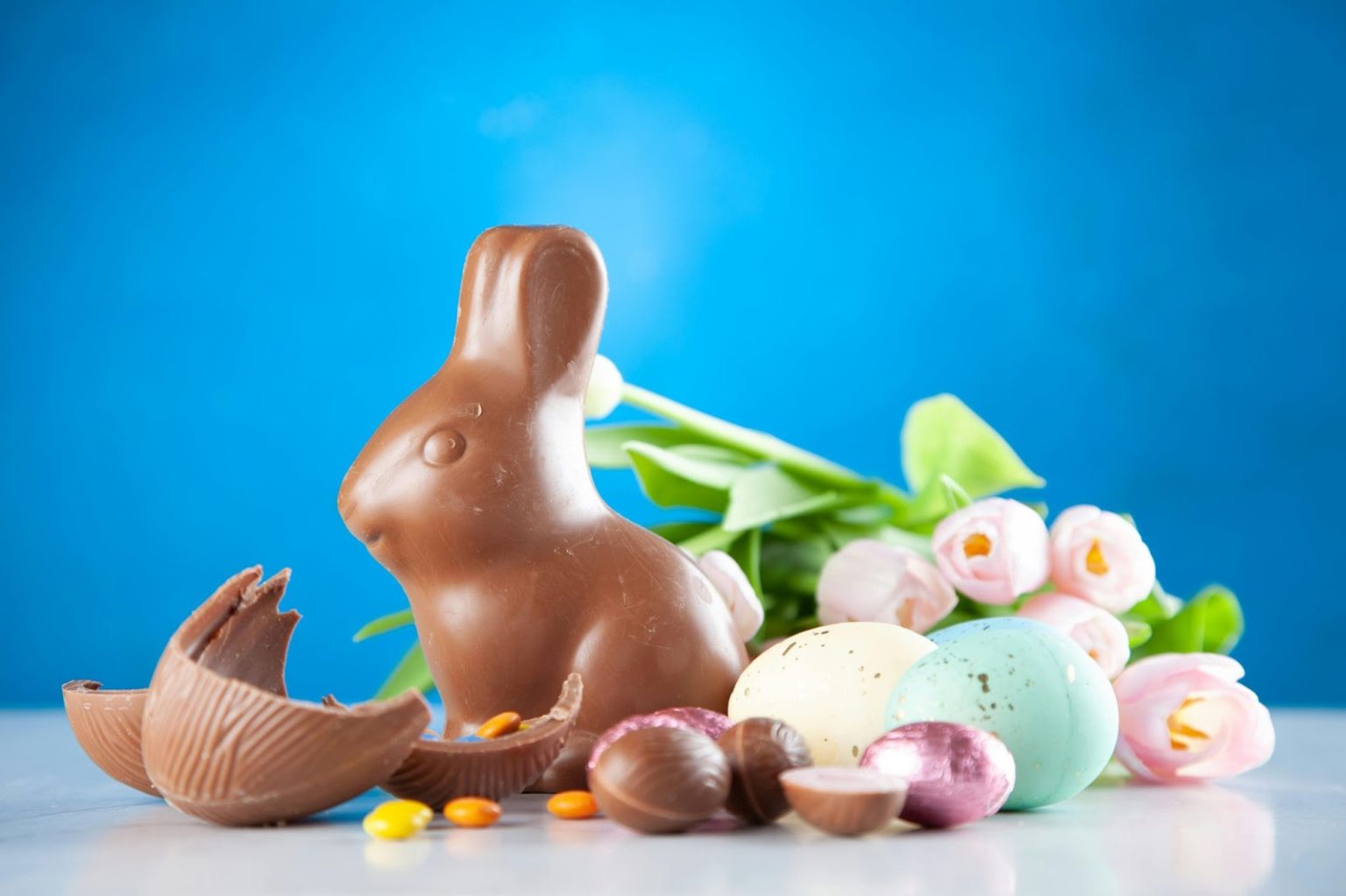Who is spending the most on this spring-time treat, and how will they be celebrating Easter?
It’s no surprise that this year, over 80% of us are planning to celebrate Easter, as it’s one of the biggest holidays in the UK. It’s expected that the nation will splash out a whopping £2 billion-plus on Easter eggs and other goodies this year – that’s an average of £53 each. But in what other, more traditional ways will the biggest spenders in the UK be celebrating Easter 2024?
Jason Higgs, Senior Deals Strategist at Bountii, lists the top 10 regions in the UK who spend the most on Easter eggs and takes a look at some of their more unusual Easter traditions.
|
County |
Average monthly search for “Easter Eggs” |
|
Greater London |
14,800 |
|
West Midlands |
5,400 |
|
Greater Manchester |
4,400 |
|
West Yorkshire |
4,400 |
|
Merseyside |
3,600 |
|
Essex |
2,900 |
|
Kent |
2,900 |
|
Hampshire |
2,900 |
|
South Yorkshire |
2,400 |
|
Tyne and Wear |
1,900 |
|
Lancashire |
1,900 |
London
London residents have made far and away the most searches for Easter Eggs – and here, high spending may well be attributed to average higher incomes as well as higher prices. But even in the UK’s capital, they retain an odd tradition.
The hot cross bun has long been a London staple at Easter, and nowhere more so than at The Widow’s Son pub in Bromley-by-Bow. Jason explains the story: ‘Here, every Good Friday, a member of the Royal Navy hangs a hot cross bun in a net above the bar to mark the start of the weekend. Legend holds that this dates back to the original widow whose son gave the pub its name, who every year baked a bun for her sailor son in the hope of his return from the Napoleonic Wars. Sadly, he never returned, and so the tradition continues to this day.’
The West Midlands
In the West Midlands area, near Ironbridge, the locals of Blists Hill celebrate Easter with children’s activities such as hunt-the-chick and Easter egg hunts, as well as an Easter Bonnet Parade. The highlight, though, is the local townsfolk performing the traditional egg dance. Despite the Easter Egg focus in online searches, the West Midlands’ main focus is clearly still on family celebrations.
Manchester
Manchester celebrates Easter with the unusual tradition of egg rolling. Families gather at Holcombe Hill to roll chocolate eggs down the hill. The winner is the one who rolls the farthest without breaking! Jason says, ‘This alone may account for such a high spend on Easter Eggs, as a great many of them won’t even be eaten at all!’
West Yorkshire
Over in West Yorkshire, the residents have various traditions, such as egg hunts and eating hot cross buns. But the highlight of the Easter weekend for them is the traditional Easter World Coal Carrying Championship.
Competitors carrying 50 kgs of coal run a course that is almost a mile long before dropping their sacks of coal at the foot of the village green maypole. This tradition began back in 1963 as a result of a challenge between two locals, and the race has continued ever since.
Merseyside
Liverpudlian locals have a different spending trend on Easter as the majority of their money does not go on eggs, but clothes! Buying a new outfit for yourself or your children at Easter time is a tradition going back years, and does seem to be very localised around Liverpool. No one is really sure how this all began, but parents buying their children a new outfit for Easter Sunday is a must for many families.
Kent
Despite being in the top ten of spending, one Kent Easter tradition is more about giving rather than eating.
As Jason tells it, ‘Biddenden cakes are traditionally handed out each year along with bread and cheese, as part of an ancient act of charity dating back to the 11th century. It was all started by the Chulkhurst sisters, who are believed to have been conjoined twins who bequeathed lands to set up a charity known as the Biddenden Dole. The Biddenden cakes are a type of hard biscuit, baked with an image of the twins on them.’
Lancashire
Coming in last on our spending list, but certainly not least in the unusual stakes, Lancashire celebrates Easter with The Nutter’s Dance. This is similar to a traditional Morris Dance, but is performed by eight men with blackened faces, who dance whilst wearing black and white costumes with wooden cups attached to them. This traditional dance, over 100 years old, has its roots firmly in the mining industry in the local area.
Jason says, ‘These traditions are unique and interesting pieces of British culture that need to be celebrated and kept alive just as much as our love of Easter eggs and egg hunts.’



